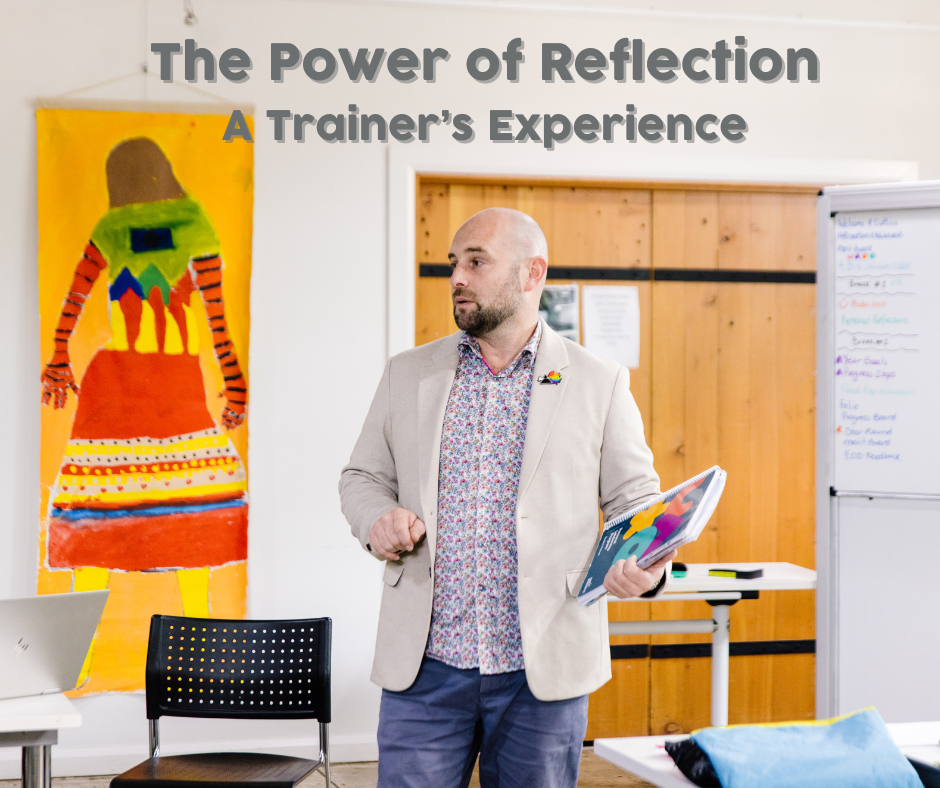Why is it important to reflect in our lives?
Reflecting helps us to develop our skills and review their effectiveness, rather than just carry-on doing things as we have always done them. It is about questioning, in a positive way, what we do and why we do it, and then deciding whether there is a better, or more efficient way of doing it in the future. It allows us to focus on what we want; recognise what we have achieved; find ways to overcome challenges in our lives; and ultimately choose growth.
I’ve been fortunate enough to visit numerous programs this term to deliver what we call ‘Boat Analogy’. Boat Analogy is a reflection activity that encourages students to think about their journey through the Youth Opportunities program now that they are at the midway point. An image is drawn up on the whiteboard and unveiled in a fun and engaging way that promotes insightful thinking, self-analysis, group conversations, and a discovery of common goals.
Questions posed to the students for group reflection are:
“What do you see in this picture?”
“What do you think this image represents?”
“What are your treasures?”
“What are your obstacles?”
“What happens when something becomes challenging?”
“Is it worth it to keep going and to get to your treasures?”
“Who is going to get you there?”
I was humbled and so incredibly proud to see the level of self-awareness, motivation, and drive of these young people to make positive changes in their lives. To put the effort in to ensure they achieve their program goals. To feel happy and successful. I remember thinking to myself how I wasn’t even close to being at their level of self-discovery at their age. I felt an immense sense of privilege, warmth, and gratitude for being a part of such an impactful organisation.
The students then do a 15-minute focus block comprising of a written reflection component which they each share individually in front of the entire group. Trainers provide feedback to each student, acknowledging their effort thus far, celebrating their achievements, and challenging them to keep “paddling that oar” with strength to grow and achieve their goals.
We leave the students with a final thought – “The quality of our own lives and the outcomes we will get from the program increases when we take responsibility and control of our efforts. We have taken the time to think, now it’s time to act!”
To learn more about what our Personal Leadership Program tools can do for young people, visit https://youthopportunities.com.au/what-we-do/personal-leadership-program/


